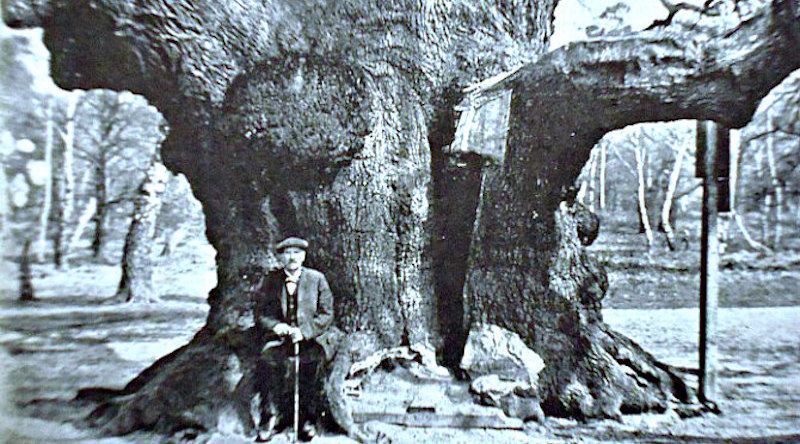I planted an acorn last October, and the sprout is now about three inches tall. That means each day, it’s grown an average of 0.015 inches—about the thickness of an index card. Even at its imperceptibly slow pace, the seedling has grown to what it is now because it keeps that pace constantly. Every day it grows just a little bit. It doesn’t grow in quick, dramatic spurts but in slow, steady motion.
Take a look at the rest of the natural world around you, and you’ll see the same thing. Living creatures grow slowly, but they grow steadily. Human beings are no different. Children grow at a pace that can’t be recognized in a day, but only over months and years.
Think of little kids, whether they be your children, younger siblings, or nieces and nephews. We adults laugh when, after eating all their food and drinking lots of milk to grow “big and strong,” they want to put another pencil mark on the wall to see if they’ve grown taller over a single night. In their minds, they’ve done all the right things, so they should see an effect. We, having more experience of human life, know that things simply don’t work that way. So we laugh at their adorable ignorance.
How much the saints in heaven must laugh at us adults! Why? Because we, in our own ignorance, do the same thing. As we try to grow in peace and happiness and holiness, we assume that the laws of the moral life are distinct from nature. For a single day, we pray a rosary, avoid the TV, and forgo the ice cream, and we wake up wondering why we’re not pious, lively, and temperate. We understand the immaturity of the little child who expects to grow noticeably taller in a single day, but we fail to see that we can’t grow noticeably more virtuous in a single day. We think we’ve grown past our childhood ignorance; in reality, we’ve just relocated it.
Like us, Aristotle recognized that physical growth takes time. But he also saw that the natural and the moral are not separate. Just like the rest of nature, human beings need slow, steady action to reach perfection. Aristotle knew that habit, the source of this slow, steady action in man, is central to human perfection because growing morally isn’t all that different from growing physically—it happens slowly and steadily.
In these early days of May—as the days slowly grow warmer and leaves steadily fill the trees—take some advice from the plants. Root your moral life in the firm soil of steady habits—morning prayers, healthy eating, evening reading—and let them do their thing. Trust me, you’ll see a difference. Just don’t expect it tomorrow.
✠
Image: Postcard of “The Major Oak” (public domain)







